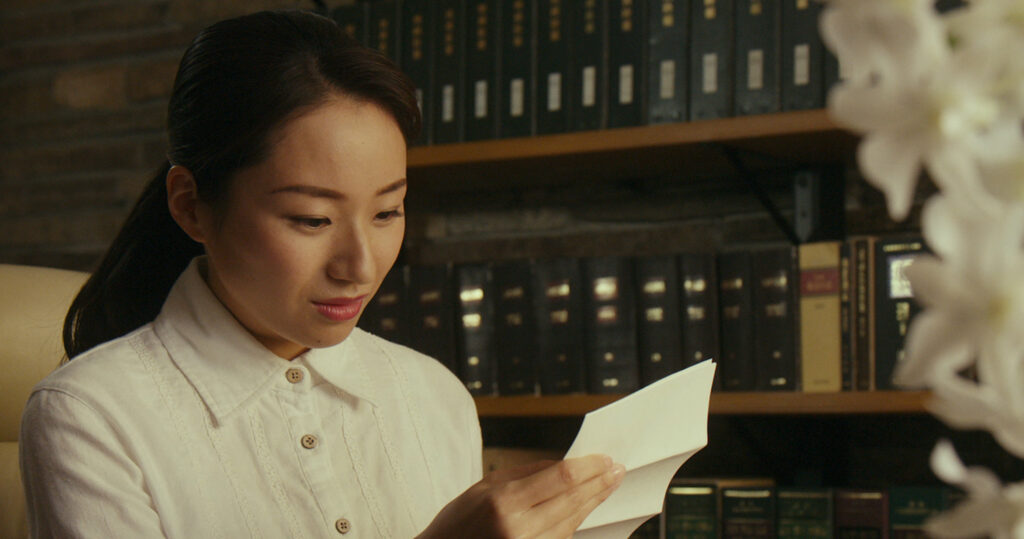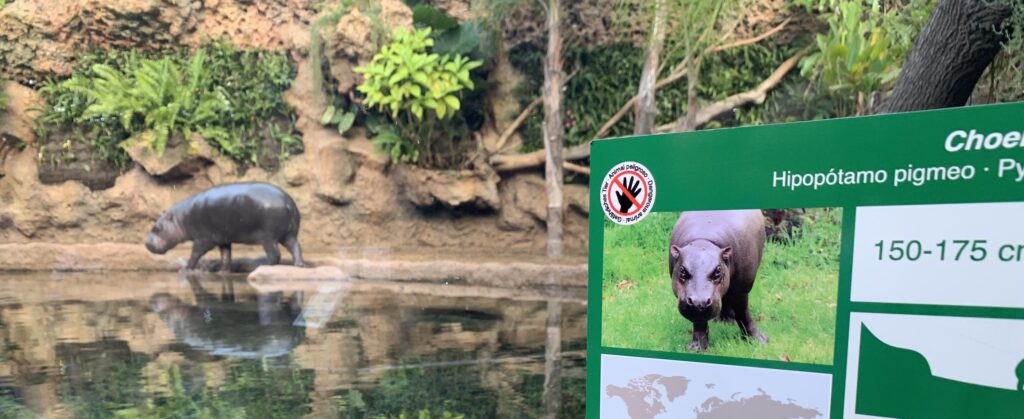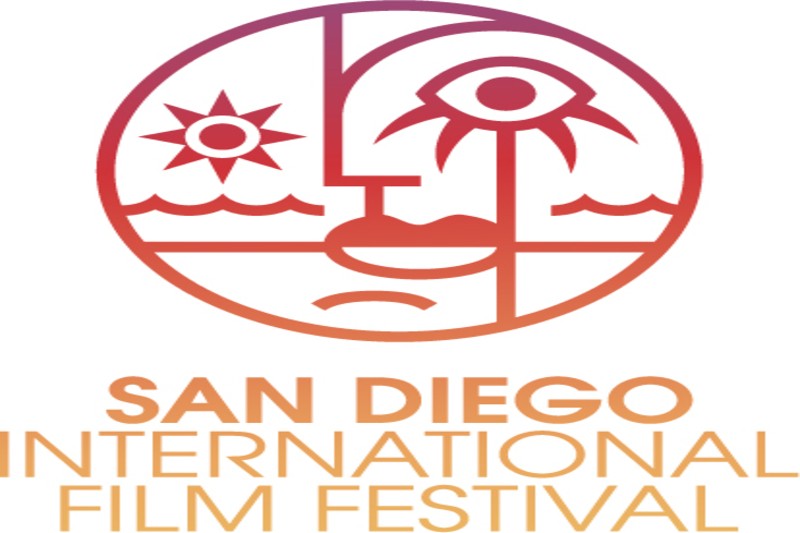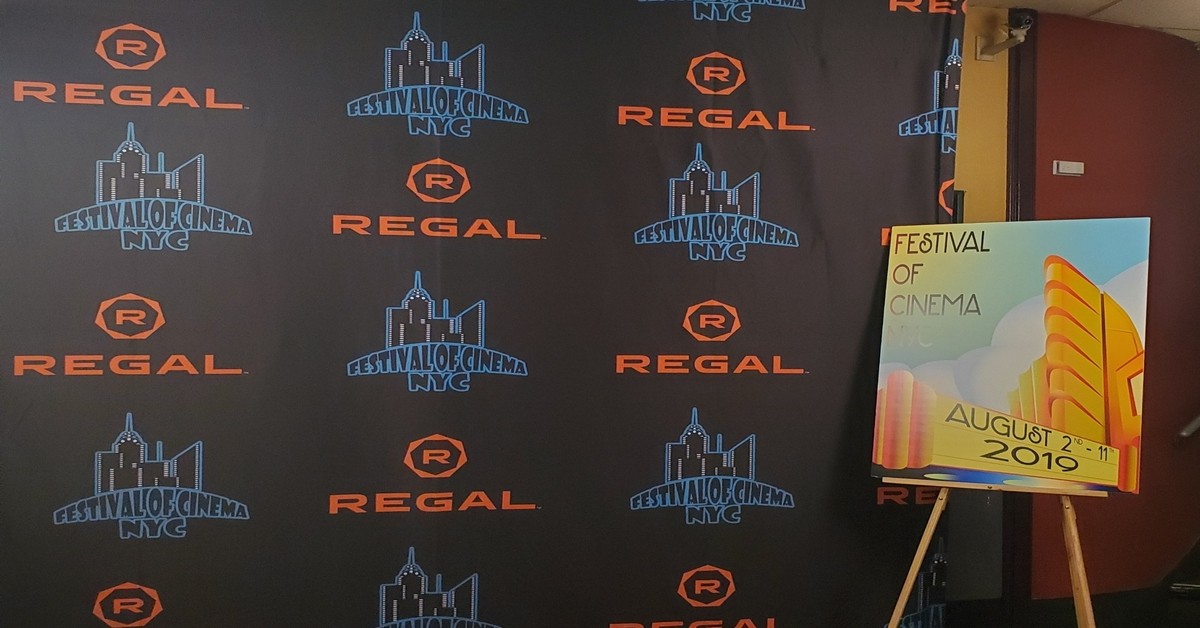Like many major events across the globe, the San Diego International Film Festival was not immune from the COVID-19 pandemic. The film festival had to adjust their plans for their annual celebration of all things cinema.
However, that didn’t stop them from giving die-hard cinephiles a one-of-a-kind cinematic experience. This year, the SDIFF teamed up with Filmocracy to turn the festival into a virtual village with five different locales: Bon Viv Cafe (live filmmaker panels), The Cove Theater and San Diego Locals Center (on-demand screenings), The Cuervo Theater (live movie screeenings) and The Perspective Center (on-demand extras).
After attending last year’s event, I was intrigued to see what this virtual village had to offer, so I attended a few movies and events. Needless to say, I was thoroughly impressed at how the festival managed to adjust to its circumstances and still give fans a quality event.
Of the events I attended, there were two movies and a panel that caught my attention. The first of the movies was called “Twiceborn”, a true story based on the journey of Satoru Ichijo. Directed by Hiroshi Akabane, the story starts off in 1991 as Ichijo prepares for a speaking engagement at the Tokyo Dome. As his former college classmates and his former love interest (who happens to be covering the event as a news anchor) see how popular Ichijo has become, the movie goes back to his formative years in college, where his journey began.

While in college, Ichijo is visited by a spiritual entity and realizes that the path he thought was his key to happiness was not at all what it seemed – he was destined to lead people to spiritual enlightenment. In the meanwhile, during his journey he also became a successful businessman while publishing “Spiritual Message” books to the world. Eventually, he runs into a battle with the Devil himself as he tries to convince Ichijo to stay the path and choose business over faith. Ichijo won out in the end, resisting the temptation and taking his place as the second coming of Buddha.
You could make the argument that this was a movie based on faith, and you wouldn’t be wrong. However, this movie also reminded me a lot of my own path and how I view my faith. And I think a lot of people can relate on a personal level – we’re conditioned to believe that hustle never sleeps, that in order to make a difference you have to be making the big dollars. This movie was a stark reminder that there is more to life than success in your professional life; it is how you conduct your personal life that brings true fulfillment in the end.
The second of the movies I watched was “Escape From Extinction”. Narrated by Helen Mirren, the documentary takes a look at how scientists are working toward avoiding a “Sixth Mass Extinction”. Matthew R. Brady, who both directed and produced the film, had spoken about how this documentary was important now more than ever.
“During a year in which we are navigating both a global pandemic and the catastrophic effects of climate change, we felt it was an important time to release this film as it is educational, hopeful, and will resonate with audiences of all ages. This is a great opportunity to get out of your house, and learn about the efforts being made to protect our planet’s endangered species.”

The documentary showed footage of extremely rare animals that were literally on the verge of going extinct as early as the trun of the 21st century. With the help of major zoological organizations, their goalis to preserve one million species from going extinct. As someone who loved going to locales such as Sea World and the San Diego Zoo (one of the many middle schools I attended was right next door to it), it shocked me to see just how many animals I never knew existed because there were so litle of them left. So it is heartwarming that hopefully I will be able to show my children these animals eventually.
Last but not least was my favorite panel of the festival, “Activism In Film”. Hosted by KGTV San Diego Vice President/General Manager Leon Clark, the panelists were an all-star selection of female producers and gamechangers: Tonya Mantooth (CEO of the San Diego Film Festival, producer and winner of over 60 International Telly and ADDY awards); Mary Blessey (founder of Holley Street Media LLC, produced “You Asked For The Facts: Bobby Kennedy at the University of Mississippi”) and Starla Lewis (CEO of CELL – Celebration of Everlasting Love and Life, professor emeritus at San Diego Mesa College).
While the panel focused more on Blessey’s work in the Kennedy movie, there was definitely some spirited conversation in regards to the next generation and racism as it currently stands. Ms. Mantooth spoke on how she thinks the next generation will be the ones who are able to tackle the issues of systemic racism within America.
“We’re starting to see this as an issue that we need to face not only as an nation but as a world issue,” Mantooth said when asked about how she feels racism has made its way back to the forefront of the nation’s woes. “We really need to address this issue of systemic racism that is here and has been here for a long time. So, Mary, the fact that you took this historical touchpoint and we now see such incredible moments today, I think it will be this next generation that hopefully will take up the mantle to help us move forward.”
Ms. Lewis also had her moments during the panel that really stuck to me and highlighted a lot of why racism is such a problem nearly 300 years after this country’s inception and why the film highlights those important issues.
“The key to the racism in our society is the institution and the media because that’s where we get so much of our knowledge and information,” Lewis said. “In K through 12, we’re not learning about each other, we’re a nation of strangers. And so we’ve got a whole bunch of myths, lies and stereotypes about each other and it causes us to behave in ways towards one another that’s not really humane. And so I believe that education is the key and I just think that the film is very, very important because one of the things that comes out of it is that we’re in the South but he’s (Robert Kennedy) assassinated in the North.
“To understand that the South is the South…America is the South of everything that we believe in in terms of seeing ourselves in one another, supporting one another and learning about one another – it’s about education. That’s why I’m not retired.”
Overall, I am thankful that I got the opportunity to attend this one-of-a-kind event. Hopefully, next year we will be able to attend the festival the way it was meant to be enjoyed – in a comfy theater seat and stuffing our faces with gourmet popcorn while enjoying some of the best independent films the world has to offer.




